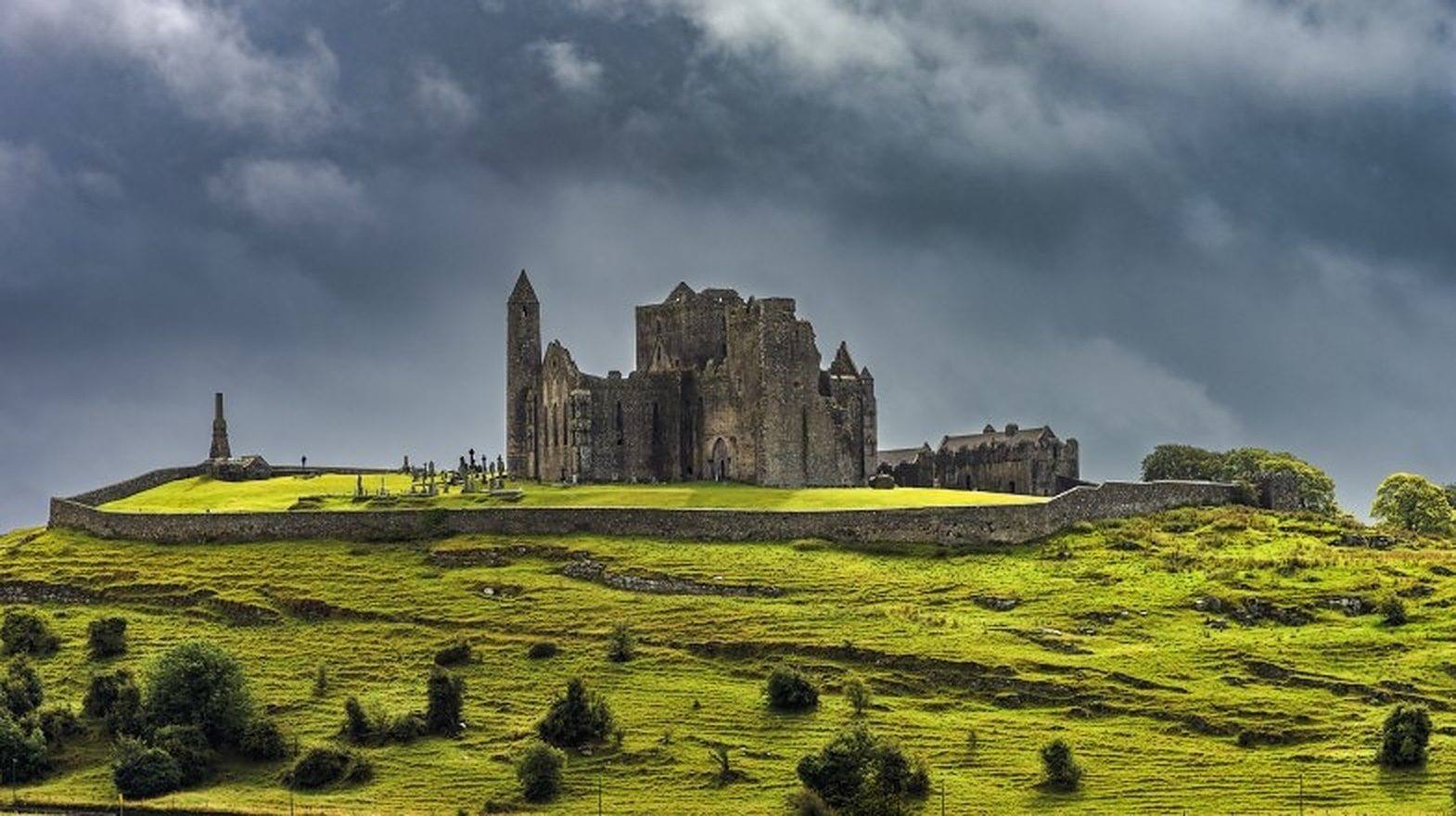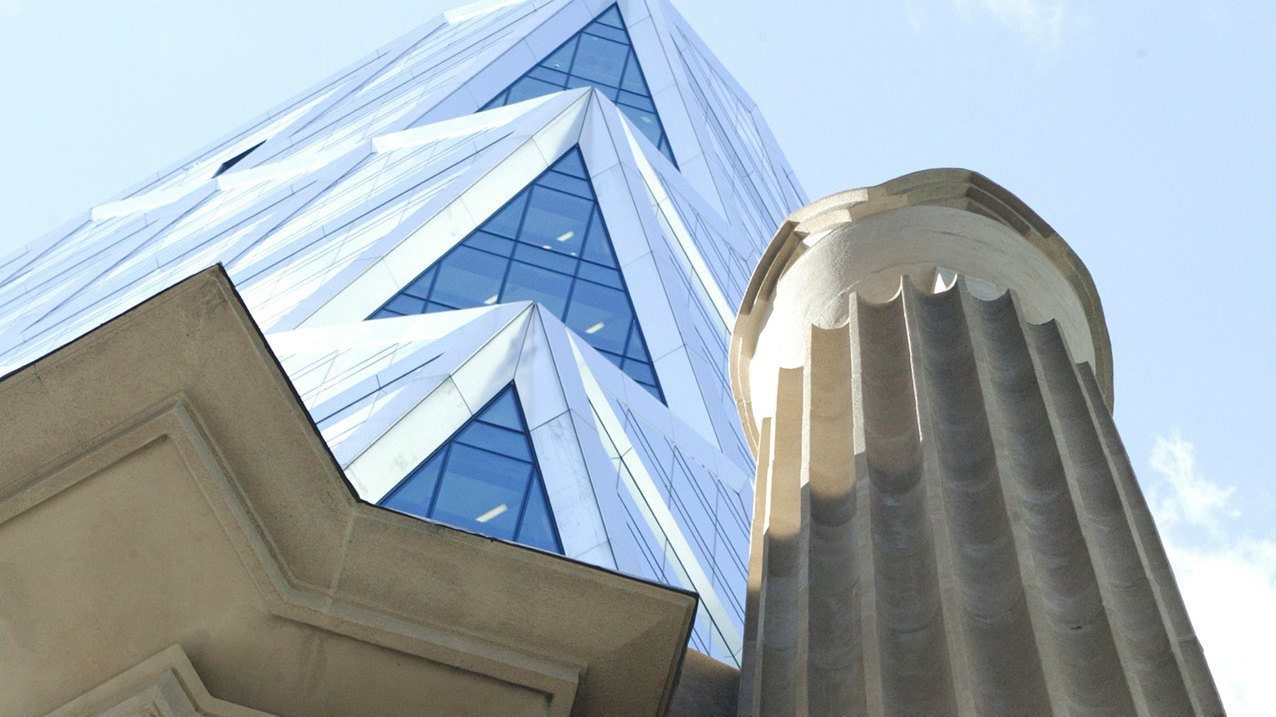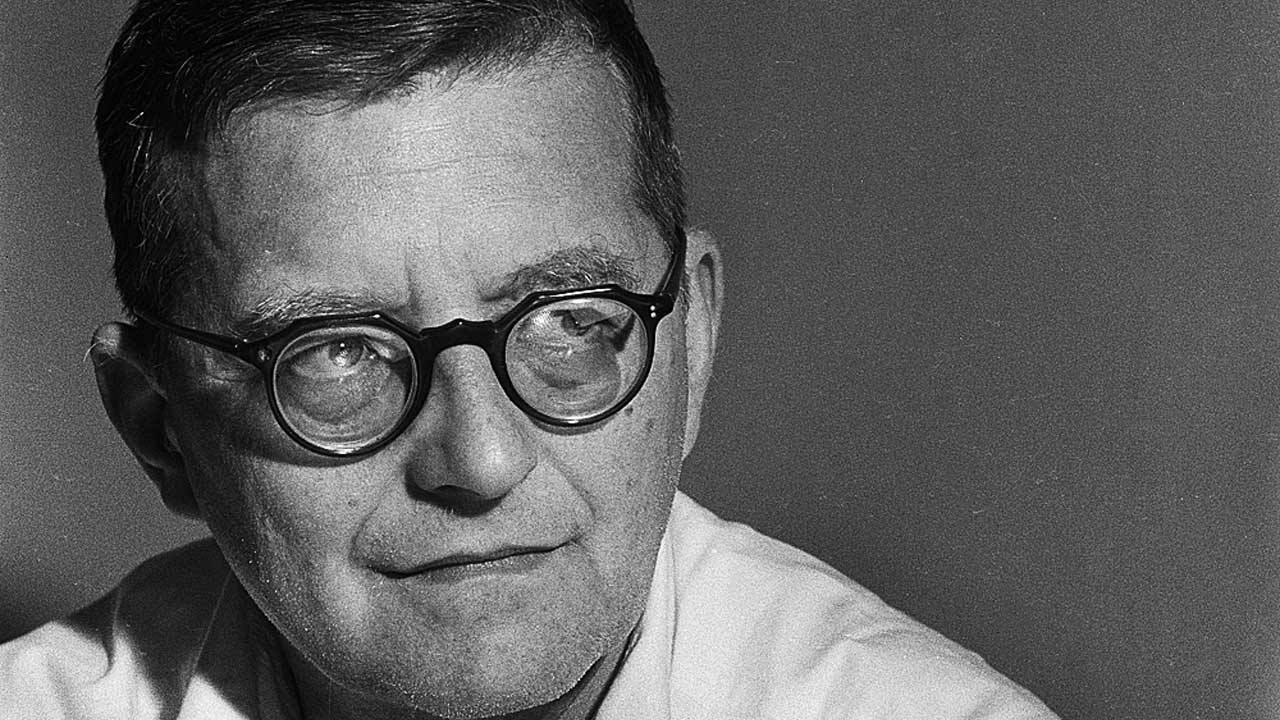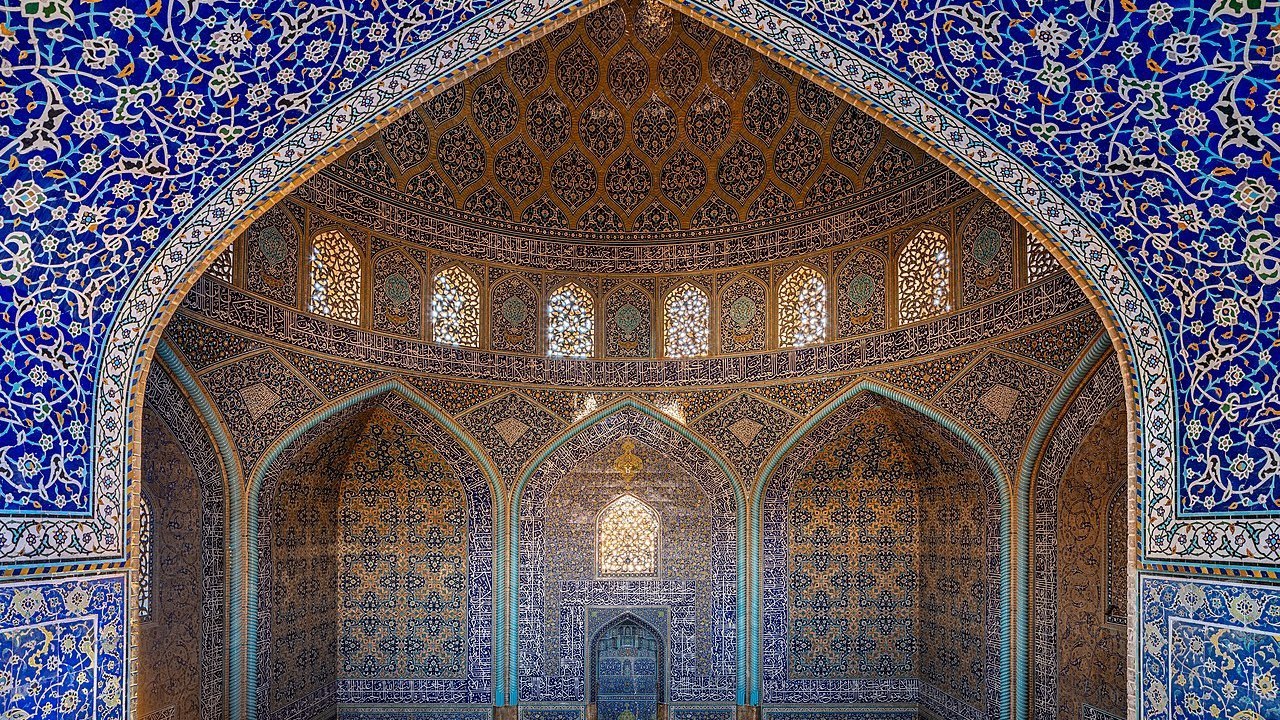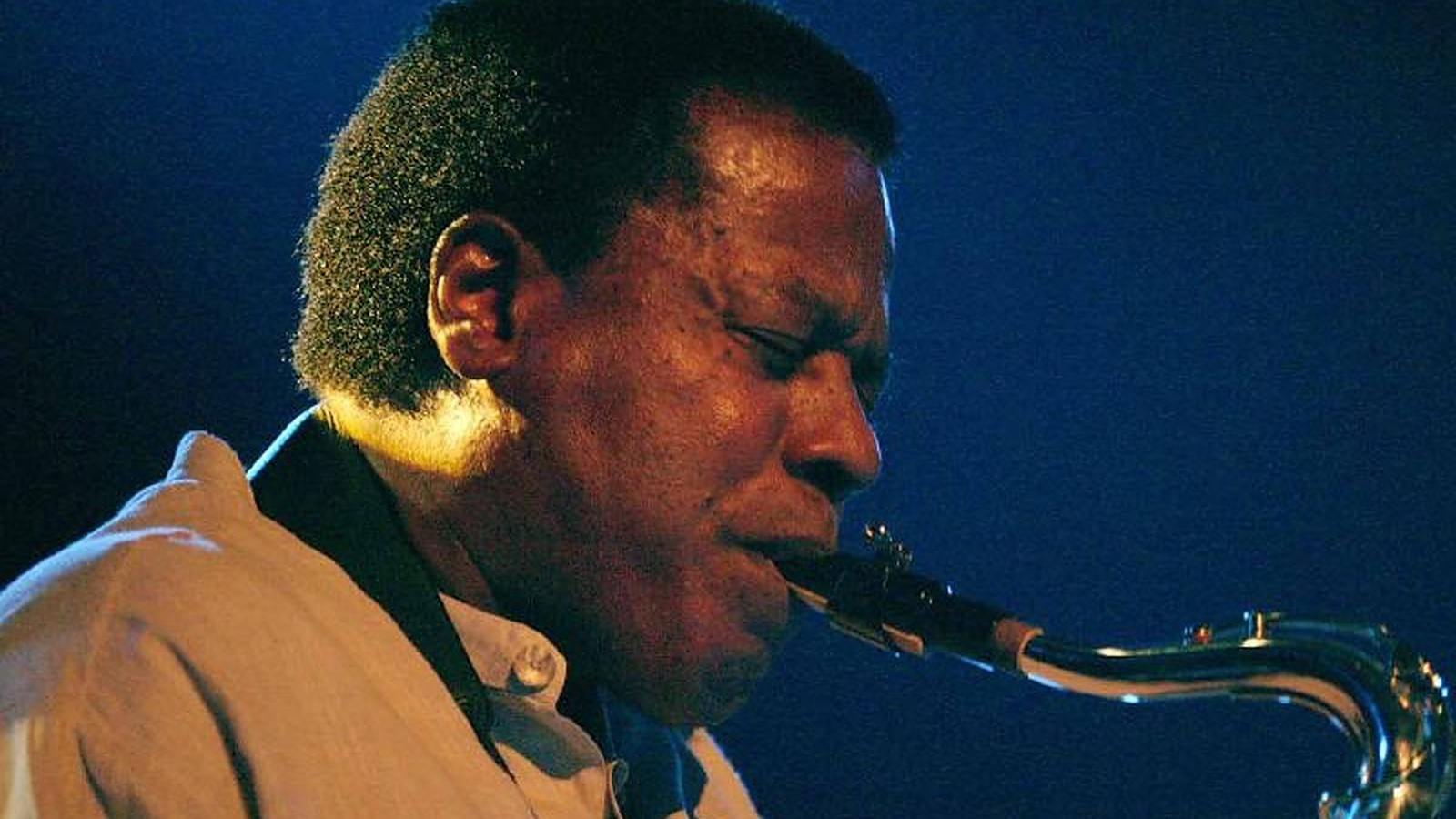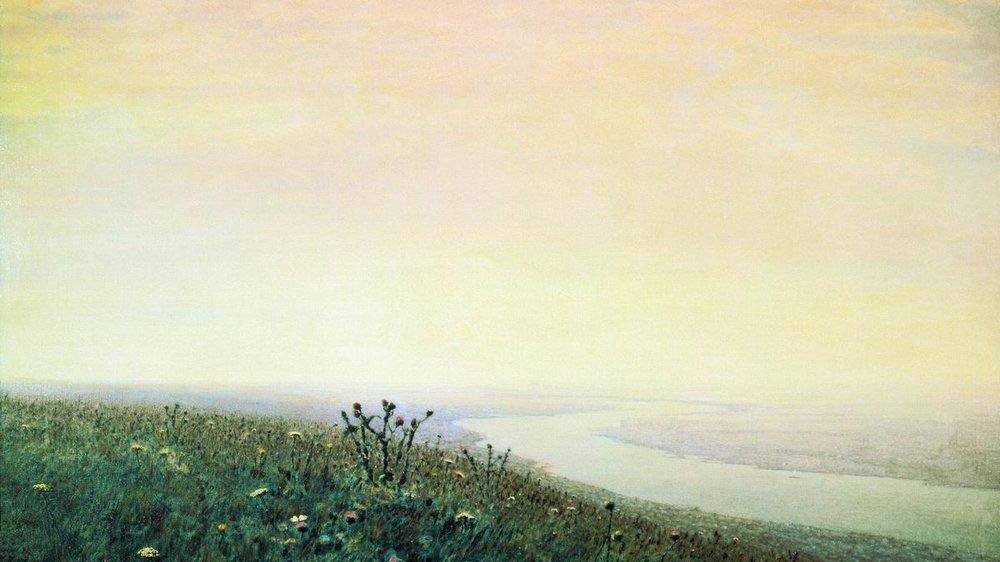John Field’s Nocturne No. 5 in B-Flat Major: Elizabeth Joy Roe
John Field (1782-1837), the Irish composer, pianist, and teacher, is credited with developing the solo piano nocturne. His music and pianistic style influenced a later generation of composers, including Frédéric Chopin, Johannes Brahms, Robert Schumann, and Franz Liszt. Born in Dublin, Field gave his first performance at the age of 9 and rose to prominence as a prodigy. In his writings, Haydn noted “Field a young boy, which plays the pianoforte Extremely well.” In 1802 he …

